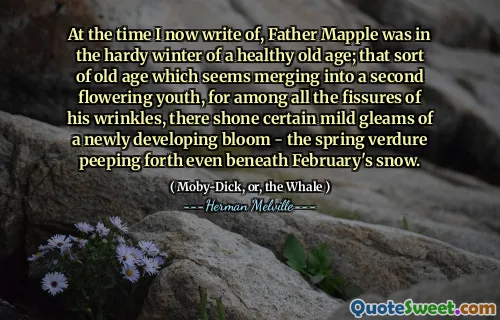
Everybody dies. There's nothing you can do about it. Whether or not you eat six almonds a day. Whether or not you believe in God. {Although there's no question a belief in God would come in handy. It would be great to think there's a plan, and that everything happens for a reason. I don't happen to believe that. And every time one of my friends says to me, "Everything happens for a reason," I would like to smack her.}
Nora Ephron’s reflections remind us of the inevitability of death, suggesting that despite our efforts or beliefs, it is an unavoidable part of life. She points out that habits, like eating almonds or religious beliefs, do not change this fundamental truth. Acknowledging death can lead to a sense of freedom; however, it also raises questions about the meaning of life and the events we experience.
In the text, Ephron expresses frustration towards the comforting idea that "everything happens for a reason," often mentioned by friends. She finds this notion unconvincing and would prefer to challenge such sentiments. Her candidness reflects her complexities about life, belief, and the acceptance of mortality without reliance on platitudes about purpose or fate.






